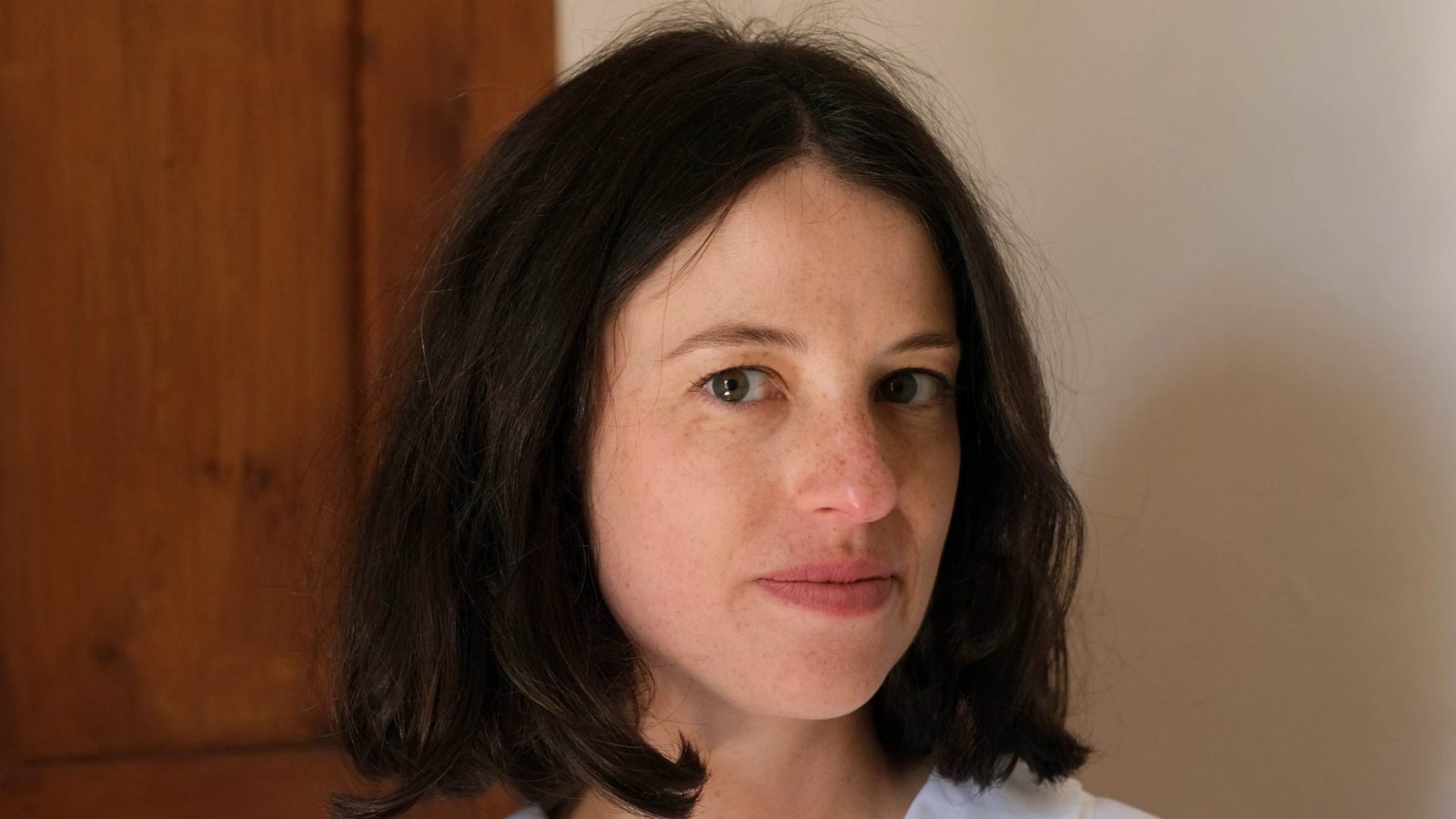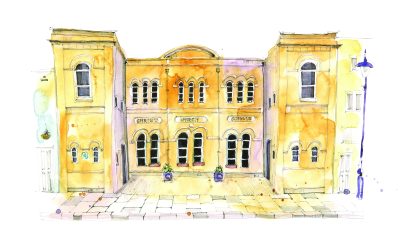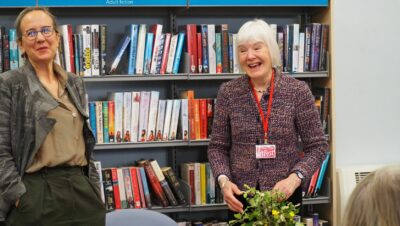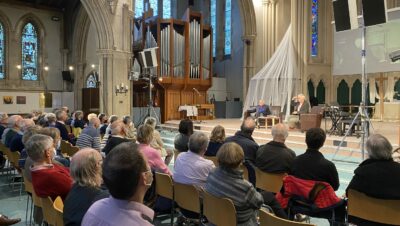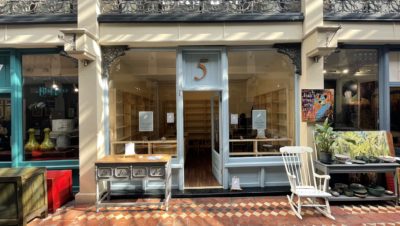Books / Interview
Harriet Baker on moving to Bristol and becoming Young Writer of the Year
Harriet Baker has just put her son down for a nap.
He’s twenty-months-old and, unlike his parents, is a full-fledged Bristolian.
“He’s my Bristol baby,” Harriet says. “And he’ll be a Bristol boy definitely. We’re here for the long-haul. I feel very excited when I think about him growing up here and him experiencing childhood here. It must be a really magical place to be a child.”
is needed now More than ever
Harriet, who was recently announced as the 2025 Sunday Times Charlotte Aiken Young Writer of the Year, moved to Bristol from London last year.
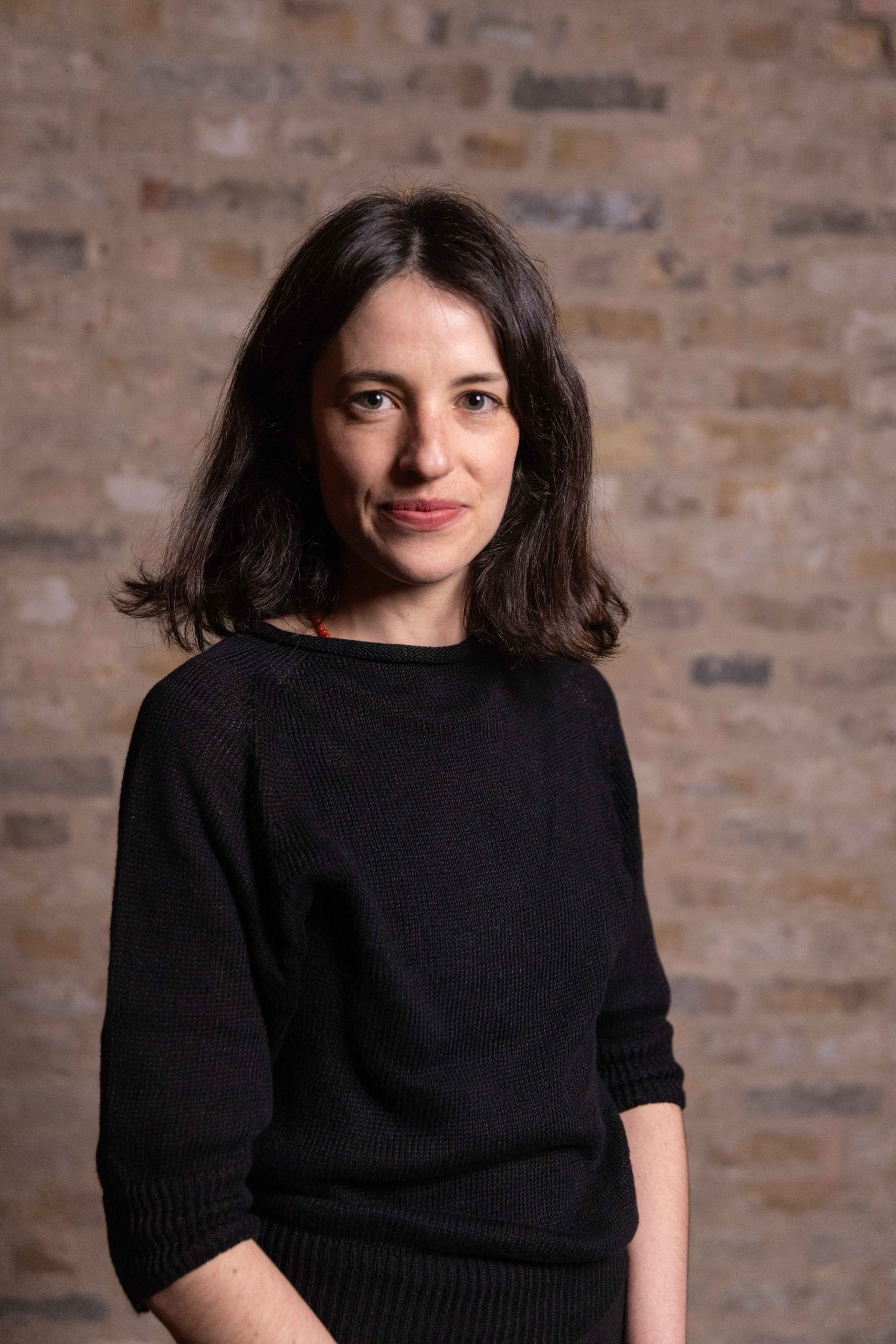
Harriet is the first mother to win the Young Writer of the Year Award – photo: Young Writer of the Year Award
The 33-year-old moved to join her husband, Dr Michael Kalisch, who has joined the English Department at the University of Bristol as a lecturer in Twentieth & Twenty-First Century American Literature.
The couple live in an apartment block in Clifton, the area they also went out to celebrate Harriet’s win. “I took my husband to The Clifton for supper to say thank you for all the childcare he’s done while I’ve been in London doing award-based stuff,” Harriet recalls.
“That was the first thing I did with my winnings. The food at The Clifton is delicious, we had a really amazing evening.”
The Sunday Times Charlotte Aiken Young Writer of the Year Award is a literary prize awarded to a UK or Irish author, aged between 18 and 35, for a full-length published or self-published work of fiction, non-fiction or poetry. Four people are shortlisted each year.
The winner receives £10,000 and two-year membership to the London Library.
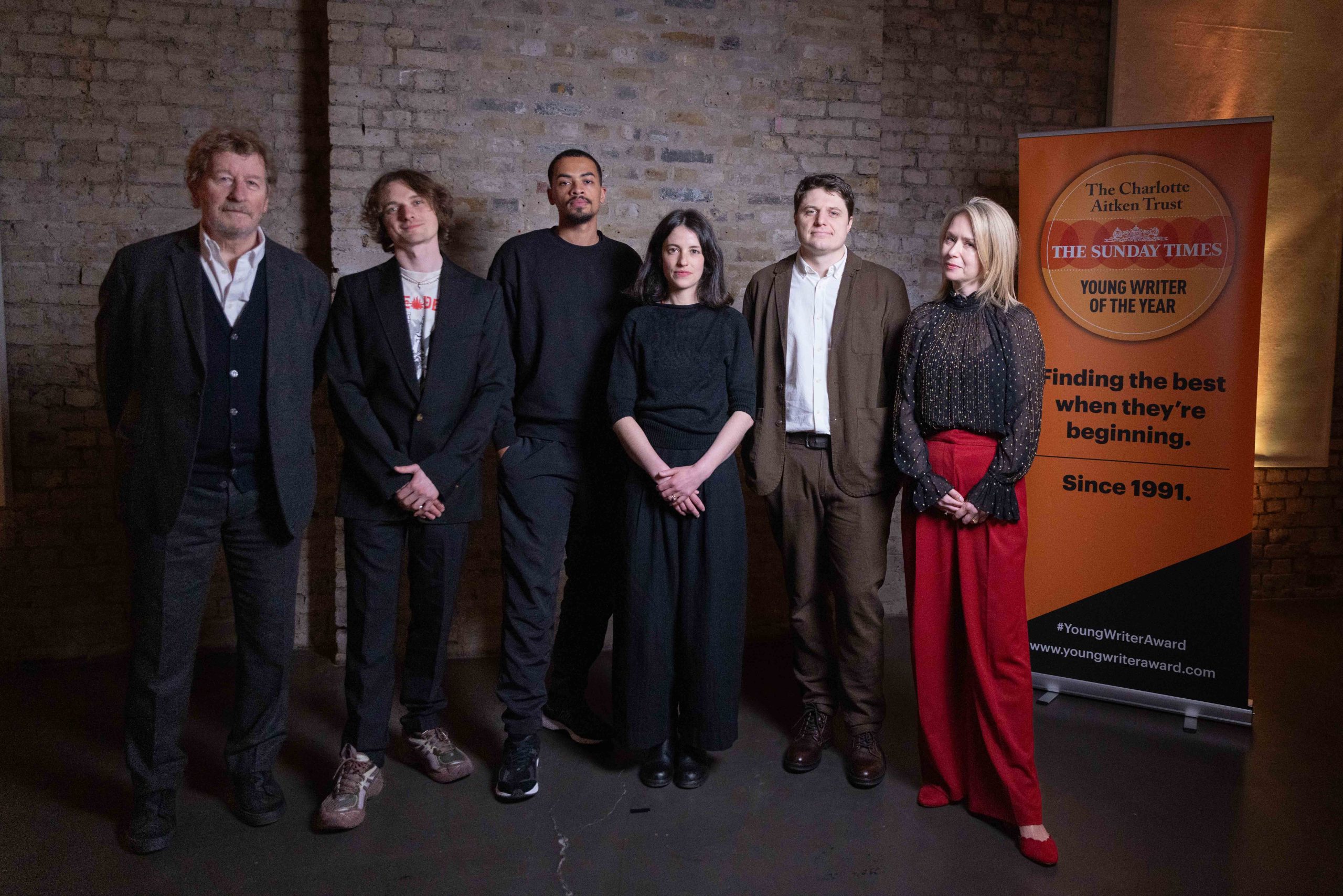
Harriet was shortlisted for the award alongside two other Bristol-based authors, Moses Mckenzie and Ralf Webb – photo: Young Writer of the Year Award
Harriet is the first mother to win the award.
She won for her non-fiction debut, Rural Hours: The Country Lives of Virginia Woolf, Sylvia Townsend Warner and Rosamond Lehmann, a creative biography of three high-profile British writers who were ‘forever changed’ after spending long periods in the countryside.
She finished writing the book before her son was born but began the editing and revision process soon after he entered the world. Harriet says motherhood has given her a “huge amount of perspective”.
She explains: “I think if I’d brought the book into the world, and I hadn’t been preoccupied with caring for a small baby, I might have been a bit more anxious about it. But I think, when you’re so preoccupied with having a baby, you don’t really have time to sweat the small stuff.”
After Harriet was announced as the 2025 winner on March 18, Johanna Thomas-Corr, the chair of the Young Writer of the Year Award judging body, said: “Harriet Baker’s Rural Hours has made me excited about literary criticism again.
“She has succeeded stunningly in her task of showing how transformative country life can be for a writer’s imagination.
“Every page of this quietly confident debut is inspiring, crafted as it is with deep intelligence and maturity of thought.”
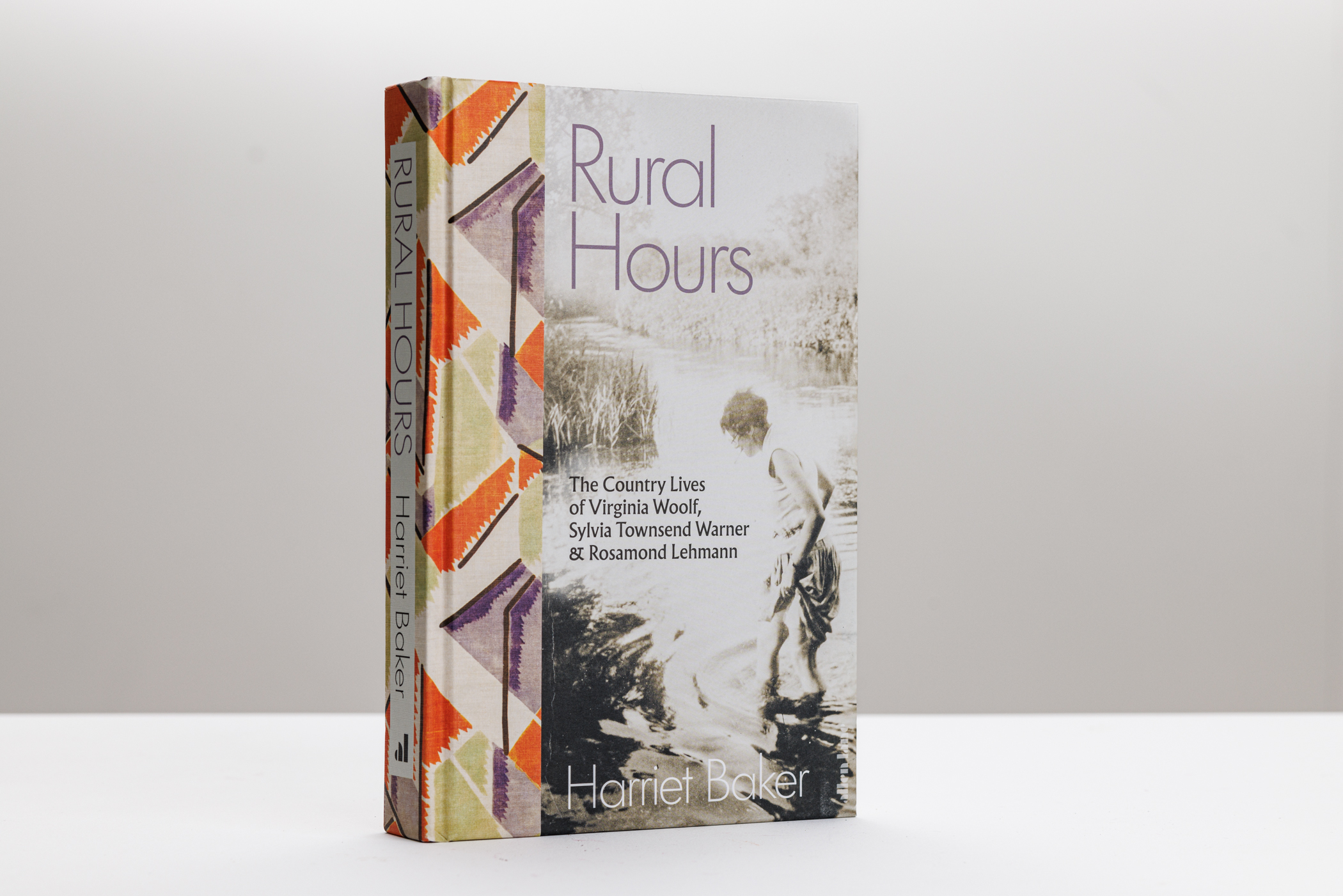
Rural Hours a creative biography of three high-profile British writers who were ‘forever changed’ after spending long periods in rural England – photo: Young Writer of the Year Award
The idea for Rural Hours came while Harriet was a PhD student in literature and creative writing at Queen Mary University in London.
As she started reading about these women’s lives in the archives – Harriet told the London Review Bookshop podcast that she’s a “very nosy person” – she realised there was a book in it. Then it was “a case of persuading my supervisors that the book would be good enough and scholarly enough”.
After that, the hard part came – writing the book – and the harder part, releasing it to the world. Rural Hours was first published in April 2024, a few months before her husband started his job at the University of Bristol.
Reviews were mostly positive (“she conjures the sights and sounds of mid-20th-century rural England with vivid lyricism”).
Although some contained sharp criticisms of Harriet’s choice to connect the three different writers, her choice to focus on rural life (a reviewer in The Guardian said the countryside was, realistically, only “tangential” to some of the authors) and her writing (a reviewer in Prospect said cuttingly “Rural Hours needed another proof read”).
But Harriet knows how to take the good with the bad.
“I think, for all writers, releasing a book into the world is a really frightening moment and reading reviews is really a strange experience,” she says. “My very first review was extremely positive…I read that and I felt so elated that I didn’t really mind about any of the slightly more salty reviews.
“Also, having been a literary critic myself… I think all reviews need salt as well as the positive things. Some of the reviews I write can be a bit salty as well. I think that makes for a good review.
“But also, as the reviewer, it’s very easy to lose sight that somebody has written the book you’re reviewing. I also think when you’re writing about well-known figures, you know, someone like Virginia Woolf can divide people… I knew I would be in line for some criticism.”
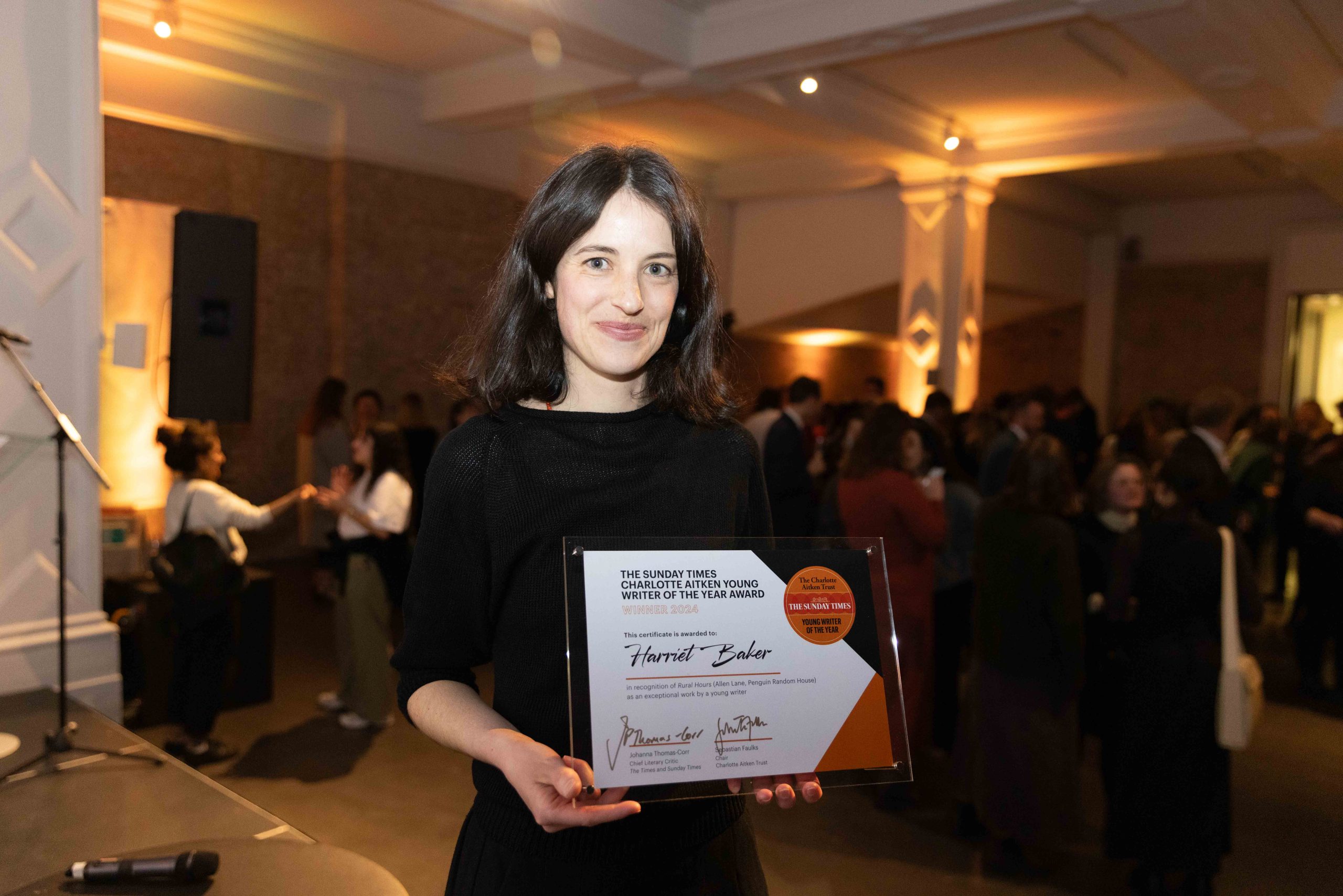
As the award-winner, Harriet won £10,000 and two years’ London Library membership – photo: Young Writer of the Year Award
Although Rural Hours was Harriet’s first book, it will by no means be her last.
Harriet confesses she’s “very secretive” about her work but shares that her next book will most likely focus on a group of 20th-century British women painters.
She says: “I’m thinking a lot about creative work alongside motherhood and caring for children, unsurprisingly, because I’m trying to make new work but I’m also caring for my toddler.
“These themes might change, because I know it’ll take me a really long time – I’m expecting it to evolve – but at the moment that’s what I’m thinking about.”
Alongside her work as a writer, Harriet is a literary and art critic. Some of the artists she most admires were mothers, like her.
Artists like oil painter Maeve Gilmore, who, Harriet says: “painted under the radar for a long time because her husband, the writer and artist Mervyn Peake, was more well-known than her and not only did she look after their children but she also dedicated much of her working life to editing his books and to help him with his work.”
Gilmore’s work has recently become more celebrated, as her children and grandchildren have spent time promoting her work.
In 2022, 35 years after she died, Gilmore had her first institutional solo show at Studio Voltaire in London. Gilmore’s granddaughter, Christian Peake, set up an Instagram page dedicated to archiving her work in 2017.
As Harriet puts it, “it’s an exciting time for under the radar women artists at the moment”.
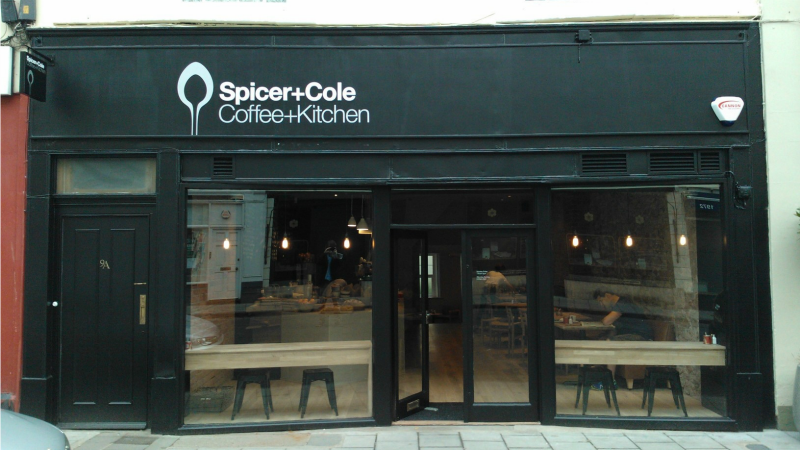
Harriet enjoys working from coffee shops in Clifton – photo: Spicer & Cole
Unlike Rural Hours, much of Harriet’s time writing her next book will be spent in Bristol, a city she says she finds “very inspiring”.
She adds: “It’s got an amazing energy, which I have definitely absorbed. I’m always noting down things I’ve seen when I’m walking about day to day”.
If you spend time in Clifton, you will likely see Harriet, working away in a coffee shop – her favourite is Spicer + Cole – or you might even find her at the RWA, catching an exhibition or working at the Spicer + Cole there, taking breaks every once in a while to take her son to the RWA family playroom.
Although Harriet and her family have only recently moved to the area, Bristol very much feels like home. Harriet says: “I think having a small child opens people up to conversations. When I walk through Clifton Village with my son, he wanders into the shops and now we know lots of the shopkeepers, sometimes on first name terms.
“Sylvie, who works at Reg The Veg, always gives him a children’s plastic shopping basket and he rummages in the potatoes – he always gets muddy hands.
“It’s just so lovely here. I just walk around and have chats with people and I’ve never really had that in any other city I’ve lived.
“I think Bristol’s really special like that. We’re very happy to be here.”
Main photo: Sophie Davidson
Read next:
 Our newsletters emailed directly to you
Our newsletters emailed directly to you